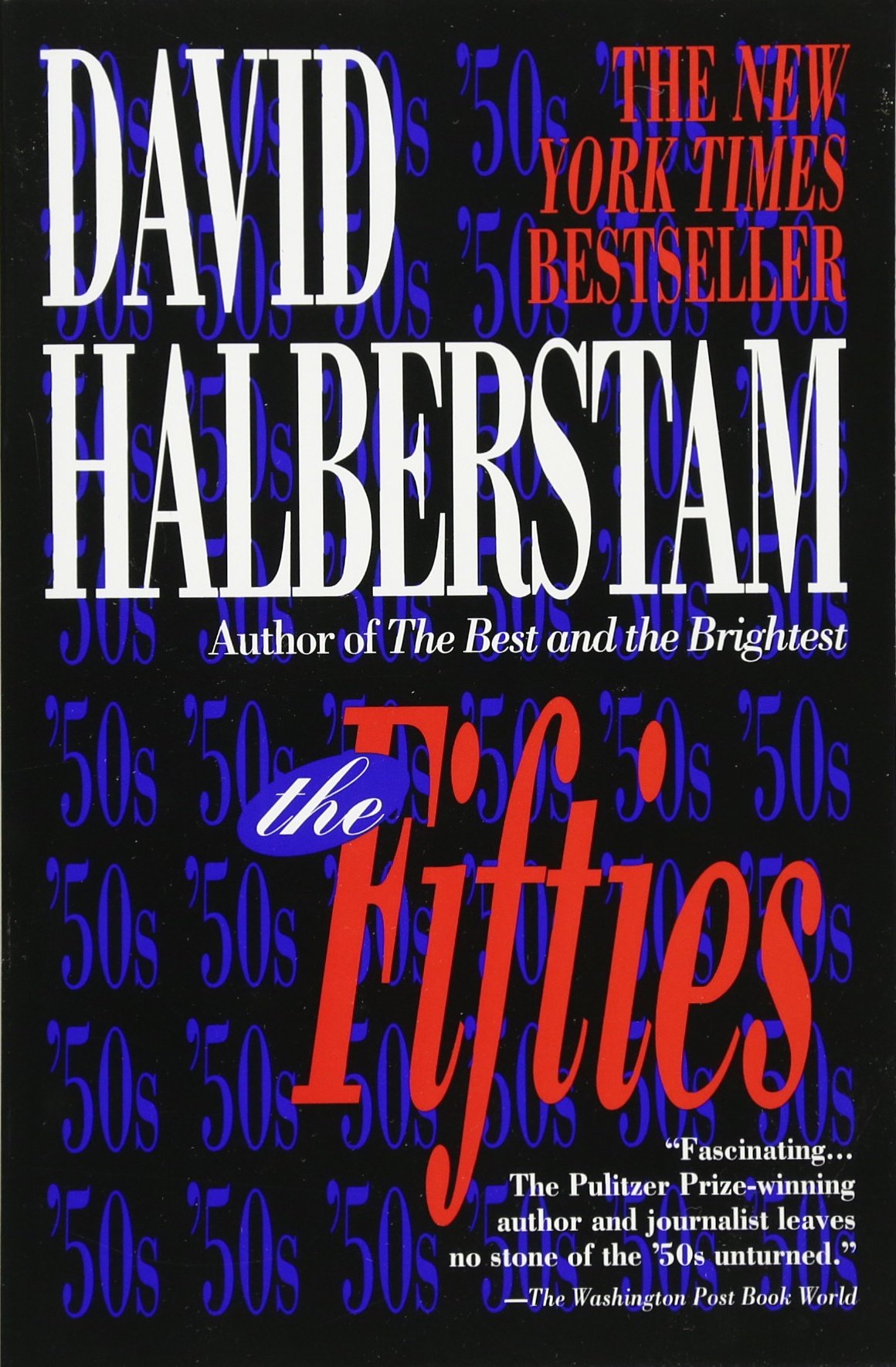Hugh Hefner, the Playboy founder who died last week at 91, obviously left behind a mixed legacy. But he deserves mention for his contribution to a particular trend in mid-20th century America: the development of leisure. This development would define our nation for decades to come.
As David Halberstam notes in his book The Fifties, the post-World War II period saw radical shifts in Americans’ social behavior. Particularly for white men who came home from military service abroad, there were dramatic new opportunities available. The GI Bill made a college education easily accessible, businesses were booming, single-family houses were becoming available and affordable in the suburbs, highways were being constructed, etc. Many people who grew up in the working class and spent their days laboring and living with their extended families were now in the middle class. They had new labor-saving devices in the home, along with a peculiar new device, the television, that showed them ideals of how people were supposed to be living.
These folks had two things their ancestors had largely lacked—spare time and spare money. And they were searching for instructions for how to use them. Playboy was one such guide. Founded in 1953, it provided an odd but profitable assemblage of content: articles by top writers and photographs of naked women. But it also offered its largely male readership some cultural signifiers: how to entertain, how to make cocktails, what to read and talk about, how to smoke a pipe, how to date. The concept of the hip bachelor pad and swinging lifestyle emanate from this era and persist to this day.
Halberstam’s book notes another important trend emerging from that era—the rise of fast food and motels. With increased leisure time and money, the national expansions of previously local businesses, and massive interstate highway construction came increased travel. Businesspeople traveling through an unfamiliar area would be looking for a reliable and quick meal. Families increasingly exploring new towns would want a safe and clean place to stay and get a meal.
Ray Kroc recognized this opening when he partnered with the McDonald brothers and opened a franchise of hamburger restaurants in 1955. Howard Johnson saw a similar opportunity when he opened his first Motor Lodge in 1954. Competitors would arise to challenge these companies’ dominance of their industries, but largely by mimicking their design. It’s hard to imagine greater influences on the way Americans eat and travel.

(Photo: Ballantine Books)
The development of leisure time also had a substantial impact on the American political system in the mid-20th century. One of the things Americans chose to do with their newfound time was to join political clubs and attend meetings. James Q. Wilson’s book The Amateur Democrat: Club Politics in Three Cities chronicles the rise of Democratic clubs in the 1950s and ’60s in various cities. This activity wasn’t limited to the left—this same era saw the rise of the California Republican Assembly and United Republicans of California in the West and many similar organizations in other regions.
These clubs provided a venue for people to discuss political issues that concerned them and to translate that concern into concrete political actions, like circulating petitions, working on campaigns, pressuring elected officials, and running for office. And the timing couldn’t have been more opportune, as party machines were on the decline thanks to a series of civil service reforms and court decisions. That is, parties were losing their main workforce, and club volunteers were stepping in to play those roles.
But these new amateur club members were different than the former machine employees. They weren’t motivated by a paycheck so much as by ideology; they felt rewarded when they saw government moving closer to their ideals. This rapidly changed parties and politics. Ideological activists had been relegated to the fringes of politics; now they were driving it. Club activists helped steer Democrats to the left on civil rights, social welfare, and nuclear disarmament. They helped drive Republicans to the right on these same issues. Many of those who orchestrated Barry Goldwater’s nomination for president in 1964 had been drawn into politics by the conservative clubs of a decade earlier.
Today, the parties are largely organized and run by such amateurs, and they have played a strong role in polarizing and even paralyzing our political system. As Eitan Hersh describes them, they are “ordinary people who are doing politics the wrong way.”
The rise of leisure in the wake of World War II created an opportunity for the building of a new world, with different approaches to culture and politics than we’d seen previously. For better or worse, we’re still living in that world.



